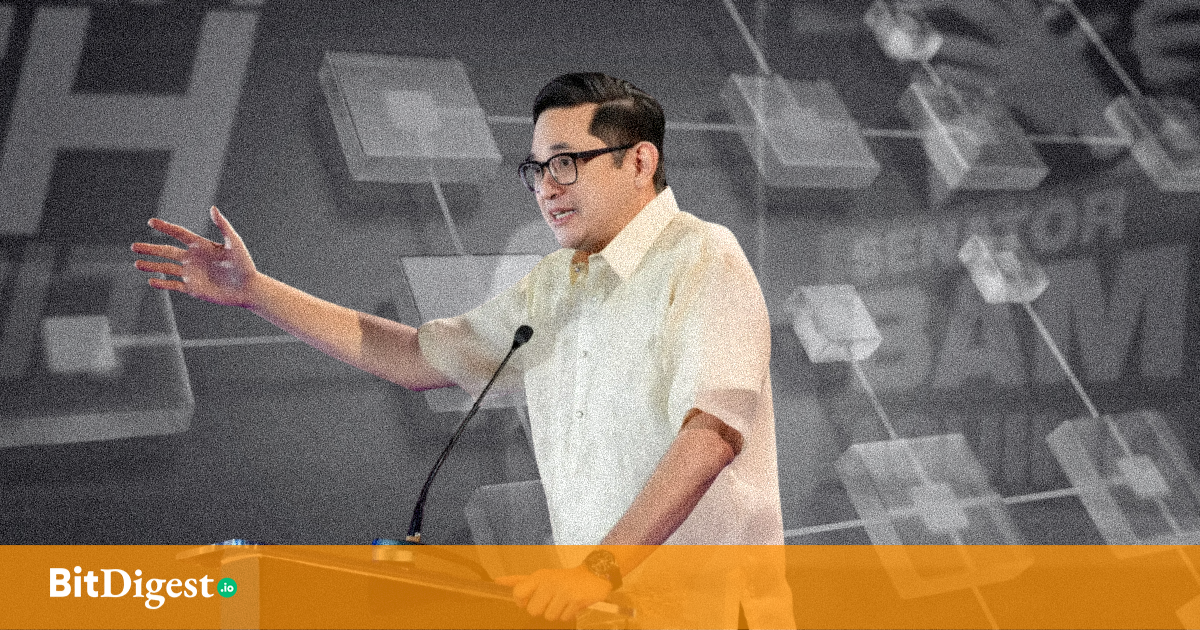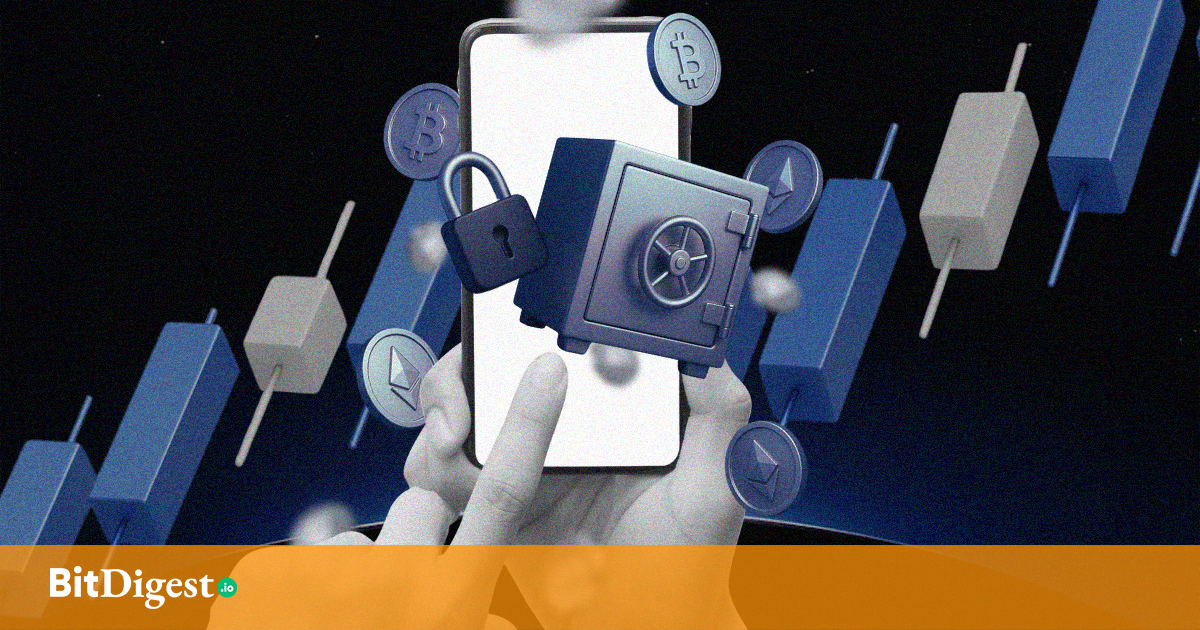What If the Philippines Adopted Bitcoin as Legal Tender?
What if Filipinos could pay for jeepney rides with Bitcoin? What if overseas workers sent crypto straight into their families’ wallets—faster, cheaper, and without the usual remittance cuts?
What if the Philippines became the Southeast Asian capital for Bitcoin-powered innovation? These questions aren’t just science fiction. They echo a real experiment already tried in El Salvador, and they force us to consider: Could the Philippines take a similar leap?

This article explores what would happen if the Philippines followed in El Salvador’s footsteps, adopting Bitcoin as legal tender. We examine the benefits, risks, and feasibility of such a move—comparing national infrastructures, economic setups, and public readiness. Could this bold idea work here, or would it backfire?
El Salvador’s Bitcoin Experiment – A Cautionary Tale
In 2021, El Salvador made history by becoming the first country to declare Bitcoin legal tender. President Nayib Bukele positioned the move as a way to improve financial inclusion, lower remittance costs, and attract investment. Citizens received a state-backed Bitcoin wallet called Chivo and even a $30 bonus in BTC. The government bought over 2,000 Bitcoins and unveiled plans for a futuristic, tax-free Bitcoin City powered by volcano energy and funded by so-called Volcano Bonds.
But the honeymoon period didn’t last long. Bitcoin’s volatility struck hard in 2022, slashing the value of the government’s holdings by over half. The public’s excitement waned: most users stopped using the Chivo app after redeeming the free $30, and adoption remained minimal. Technical issues, including wallet hacks and identity fraud, eroded trust. Meanwhile, the highly promoted Volcano Bonds were repeatedly delayed.
By 2025, under pressure from international lenders, El Salvador dropped Bitcoin’s status as legal tender, reverting to a policy of voluntary private use. The bold bet made global headlines—but also offered hard lessons about timing, execution, and public trust.
Could the Philippines Do It Differently?
The Philippines isn’t El Salvador. With a population of over 110 million and a GDP more than ten times larger, the Philippines would be playing at a much bigger scale. Unlike El Salvador, which already used the U.S. dollar, the Philippines has its own currency—the peso—adding complexity to any dual-currency system. The Bangko Sentral ng Pilipinas (BSP) would need to manage the balance between innovation and monetary stability.
However, the Philippines does have some advantages. It boasts one of the fastest-growing digital payment landscapes in Southeast Asia. Mobile wallets like GCash and Maya are deeply embedded in Filipino daily life. More than half of all retail payments are now digital. The population is also relatively young, tech-savvy, and already engaged with cryptocurrency. Surveys show that Filipinos are among the most crypto-aware users in the world.
On the energy side, El Salvador's claim to fame was using geothermal volcano power to mine Bitcoin. The Philippines, too, sits on the Pacific Ring of Fire and ranks among the top geothermal energy producers globally. Plants in Bicol, Laguna, and Leyte provide clean, renewable energy—potentially perfect for powering mining operations or Bitcoin infrastructure.
But there are critical differences too. The Philippine government operates in a more democratic and decentralized system, meaning any attempt to roll out a Bitcoin law would face more public scrutiny. Public trust is also an issue: past corruption scandals could make people skeptical of government-managed crypto initiatives. The BSP has voiced caution, warning of crypto’s volatility and exposure to scams, and currently favors exploring central bank digital currencies (CBDCs) instead.
Where Bitcoin Could Work: Real Benefits for the Philippines
One major use case is remittances. Overseas Filipino Workers (OFWs) send home over $35 billion annually, much of it eaten up by transfer fees. If Bitcoin or its payment infrastructure like the Lightning Network were adopted, Filipinos could receive money in seconds, at a fraction of the cost. A crypto-powered remittance system could save millions and deliver more money directly to households.
Tourism is another potential win. El Salvador’s Bitcoin Beach became a magnet for crypto tourists. The Philippines already has Boracay, dubbed “Bitcoin Island,” where dozens of merchants accept BTC. Expanding crypto zones could make the country a hub for digital nomads, fintech conferences, and high-value tourism.

There’s also the startup ecosystem. If the Philippines positioned itself as crypto-friendly, it could attract blockchain startups, exchanges, and digital asset firms looking for an Asian home. With a strong developer base and English-speaking workforce, the Philippines could become a regional crypto innovation hub. The opportunity to create jobs and new tech sectors is real.
Finally, Bitcoin could boost financial inclusion. With over 70% of Filipinos still underbanked, even basic access to a mobile Bitcoin wallet could provide a safer way to store value, receive income, or access microloans. It could connect the unbanked to the digital economy—especially in rural areas.
The Risks: Volatility, Regulation, and Readiness
Still, the risks are serious. Bitcoin is extremely volatile. Pegging parts of the national economy or public funds to it could be disastrous during a downturn. Imagine a government Bitcoin reserve losing half its value overnight—taxpayers would bear the cost.
There are also infrastructure and governance concerns. Rolling out a secure, nationwide crypto system would demand high digital literacy, cybersecurity, and regulation. Fraud and phishing attacks are already rampant in local digital finance. Without airtight systems and public education, Bitcoin could become a tool for scammers.
Public adoption can’t be taken for granted. As in El Salvador, legal tender doesn’t guarantee use. Many Filipinos may choose to stick with pesos, especially in areas with weak internet or low tech confidence. If Bitcoin feels like a government experiment with no clear benefit to ordinary people, the initiative could fizzle fast.
Bold Idea, Careful Execution
Adopting Bitcoin as legal tender in the Philippines is not impossible—but it’s not simple either. The potential upside is large: more efficient remittances, stronger tech and tourism sectors,
greater financial inclusion. But success depends on careful planning, regulatory clarity, and public trust.

Rather than a sudden law, a phased, voluntary approach might work better. Start with Bitcoin-powered remittance tools, crypto tourism zones, and pilot communities. Build education, trust, and infrastructure gradually.
If the Philippines ever does embrace Bitcoin fully, it must do so not for hype—but for empowerment. The goal should be simple: a future where every Filipino, from OFWs to sari-sari store owners, has more financial freedom, not less.
The crypto world is watching. Will the Philippines take the leap?
.svg)


.svg) SHARE TO FACEBOOK
SHARE TO FACEBOOK SHARE TO TWITTER/X
SHARE TO TWITTER/X SHARE TO LINKEDIN
SHARE TO LINKEDIN SEND TO MAIL
SEND TO MAIL





.svg)


.svg)